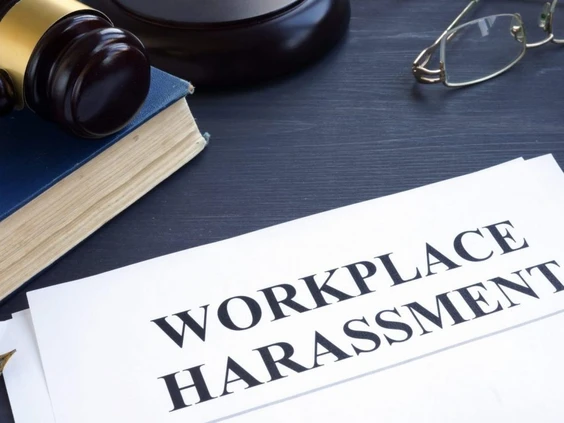In the last six weeks, all five of the big Canadian banks have effectively ended their vaccine protocols in the workplace.
Generally speaking, these institutions required that all employees be fully vaccinated for COOVID-19. Some even required fully remote employees to be double vaccinated.
The Government of Canada announced in December 2021 that all federally regulated employees (which includes bank employees) were required to get the COVID-19 vaccine. Employees who didn’t get the jab were placed on paid or unpaid leaves, laid off or terminated all together.
Vaccine mandates were challenged by unions across the nation. By and large, reasonable vaccine mandates were endorsed by union arbitrators.
For example, Unifor Local 973, the union that represents more than 700 employees at a Coca-Cola bottling plant, filed and lost a grievance challenging Coca-Cola’s vaccine mandate announced at the facility in November 2021. The arbitrator in that case found the vaccine mandate to be reasonable given, in part, because employees had to work on premises and in close quarters with other employees and customers.
Another arbitration decision, however, Electrical Safety Authority v. Power Workers’ Union found the vaccine policy in the workplace to be unreasonable as most workers could work remotely. In that grievance, the arbitrator, John Stout, directed the vaccine policy be amended to allow non-vaccinated employees a testing option and that the policy may not discipline or discharge employees for failing to get the vaccine.
Clearly, context matters and the dynamic of the workplaces was considered in both cases. But how non-unionized employers will be judged with respect to the use or misuse of vaccination policies is about to play out before our eyes.
Many Canadian non-vaccinated employees have filed legal challenges against their employers for imposing vaccine policies that resulted in suspensions or outright dismissals. Now that vaccine mandates are being relaxed or removed in workplaces, the courts will have to decide if vaccine policies were unduly harsh or punitive to non-vaccinated employees.
Employers that were too quick to terminate, suspend or lay off non-vaccinated employees may be ordered to pay substantial wrongful dismissal damages to non vaccinated employees, especially if other options, like testing or remote work were possible.
As the world reopens and restrictive vaccine mandates become a thing of the past, the courts will determine the path forward for non-vaccinated employees left jobless. The financial payouts to non-vaccinated employees could surprise us all.
On to your questions this week:
Q. I was terminated from my job after having a falling out with my boss over zoom. He is definitely not a fan of mine. I am worried about what he is saying about me to my co-workers and some of the clients we worked on together. Is there anything I can do?
A. Sometimes relationships are strained at the time of termination. You can work with your employer to agree to language both of you will stick to if inquiries are made about you or your departure. Having language like this can give you peace of mind to ensure communication is kept neutral (and not negative) as well as support your re-employment efforts if a potential employer reaches out to your old boss for a reference.
Q. My employer is allowing some people to work from home this summer and others (like me) have to come in every day. I don’t think this is really fair. I don’t really want to challenge the status quo as I feel favoritism is the driving factor for the decision making. Any comment on this?
A. Employees are to be treated fairly and consistently as among their peers. Work-from-home policies should be administered in this spirit. There could be a business reason for some employees having to work on premises, particularly if some work is more easily done in person. Working from home is not an absolute right unless your role has always been remote (even pre-pandemic).
Have a workplace issue? Maybe I can help! Email me at sunira@worklylaw.com and your question may be featured in a future column.
The content of this article is general information only and is not legal advice.




